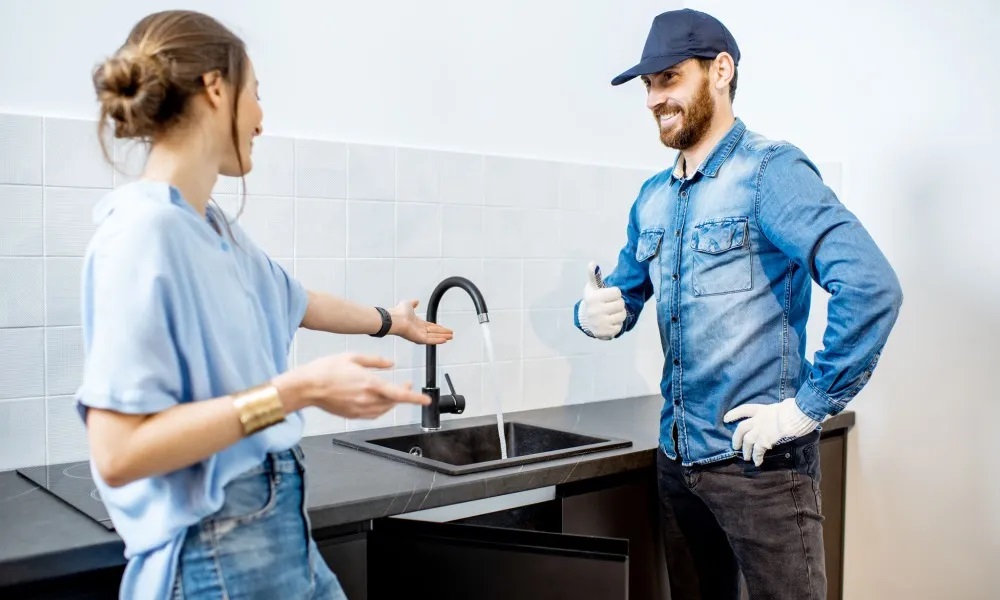Having a well-functioning plumbing system is homeowners take for granted – until something goes wrong. We expect the water to flow from the faucets and showers when we want it, the toilets to flush properly, and the drains to carry away wastewater without any issues. However, plumbing systems require regular maintenance and upkeep to continue operating efficiently. Neglecting this vital maintenance leads to frustrating and costly plumbing emergencies down the road.
Routine plumbing maintenance
There are several key benefits to scheduling routine plumber Western Sydney maintenance rather than waiting until you have a clogged drain or leaky pipe. Preventative maintenance helps avoid more severe problems before they happen. It also extends the lifespan of plumbing fixtures, pipes, and drainage systems. Catching minor repairs early on keeps small problems from turning into expensive emergencies. Regular upkeep also helps keep your plumbing system running at peak efficiency, with better water pressure and less risk of leaks or clogs. Overall, staying on top of maintenance saves homeowners time, money, and trouble in the long run.
Common maintenance tasks
So what are some of the maintenance tasks your plumber should perform regularly? Here are some of the most important:
- Inspecting pipes for signs of wear or damage. Your plumber checks under sinks, in the basement, and along exterior walls for pipe corrosion, cracks, or leaks.
- Checking water pressure. Weak water pressure could indicate buildup in pipes or issues with your water heater.
- Drain cleaning. Using augers, pressure washers, or snaking tools to remove accumulated gunk and debris in drains and pipes. It prevents clogging.
- Testing sump pumps and valves. Critical for preventing basement flooding.
- Inspecting fixtures for drips or leaks. Even small drips add up to gallons of wasted water over time.
- Flushing water heaters. Removing built-up sediment to increase efficiency.
- Checking for proper venting. Ensures wastewater flows smoothly without obstructions.
- Inspecting supply lines. Replace old, damaged, or corroded lines.
They are manufacturer’s recommended schedule for maintenance on plumbing fixtures and appliances. By tackling these inspections and minor repairs regularly, you avoid the stress and high cost of emergency plumbing repairs down the road. In some cases, minor plumbing maintenance you handle yourself, such as drain cleaning, fixture inspection, and supply line replacement. However, more complex maintenance tasks should be left to the professionals. A licensed, experienced plumber has the proper equipment and expertise to handle plumbing maintenance correctly and safely to call a pro for maintenance.
- Recurring clogs or slow drains that DIY drain cleaning can’t fix
- Leaks you locate the source of
- Diminished water flow and pressure
- Strange noises like banging or hammering
- Dripping faucets after replacing washers
- The age of the water heater exceeds 10-15 years
- Strange smells coming from drains
- Multiple plumbing issues happening concurrently
Attempting maintenance without proper training worsens issues and leads to injury. The cost of professional maintenance is insignificant compared to the cost and headache of emergency plumbing repairs.

